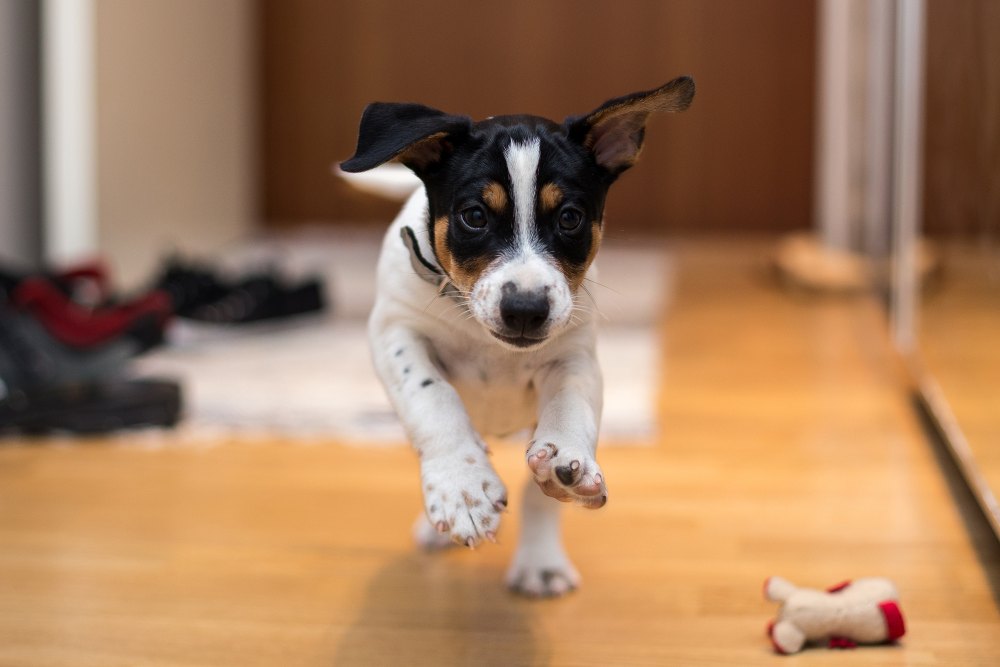
Becoming human? Dogs’ personalities shift over time due to their owners’ behavior, according to a new study.
“When humans go through big changes in life, their personality traits can change,” psychology professor William Chopik wrote in a Journal of Research in Personality study titled “Old Dogs, New Tricks,” noting: “We found that this also happens with dogs — and to a surprisingly large degree.”
The main author of the piece elaborated: “We expected the dogs’ personalities to be fairly stable because they don’t have wild lifestyle changes humans do, but they actually change a lot. We uncovered similarities to their owners, the optimal time for training and even a time in their lives that they can get more aggressive toward other animals.”
More than 1,600 owners were polled to determine how the humans’ personalities affected the pups. Fifty unique breeds that varied from weeks old to 15 years old in nearly an equal amount of males and females took part in the survey.
According to the results, people who deemed themselves to be extroverted had more active and excitable animals. Those who claimed to have more negative emotions also had canines with similar traits including fearfulness. Some called themselves agreeable and said that their dogs were not as fearful or aggressive as others.
Meanwhile, those who were happiest about their bond with their furry friends believed they were more active, excited and open to training.
Chopik noted in his study that his findings prove “nature vs. nurture” applies to dogs too. “Now that we know dogs’ personalities can change, next we want to make [a] strong connection to understand why dogs act — and change — the way they do,” he wrote.
The professor also concluded that the best time to train a pup is age 6 “when it outgrows its excitable puppy stage but before it’s too set in its ways.”

